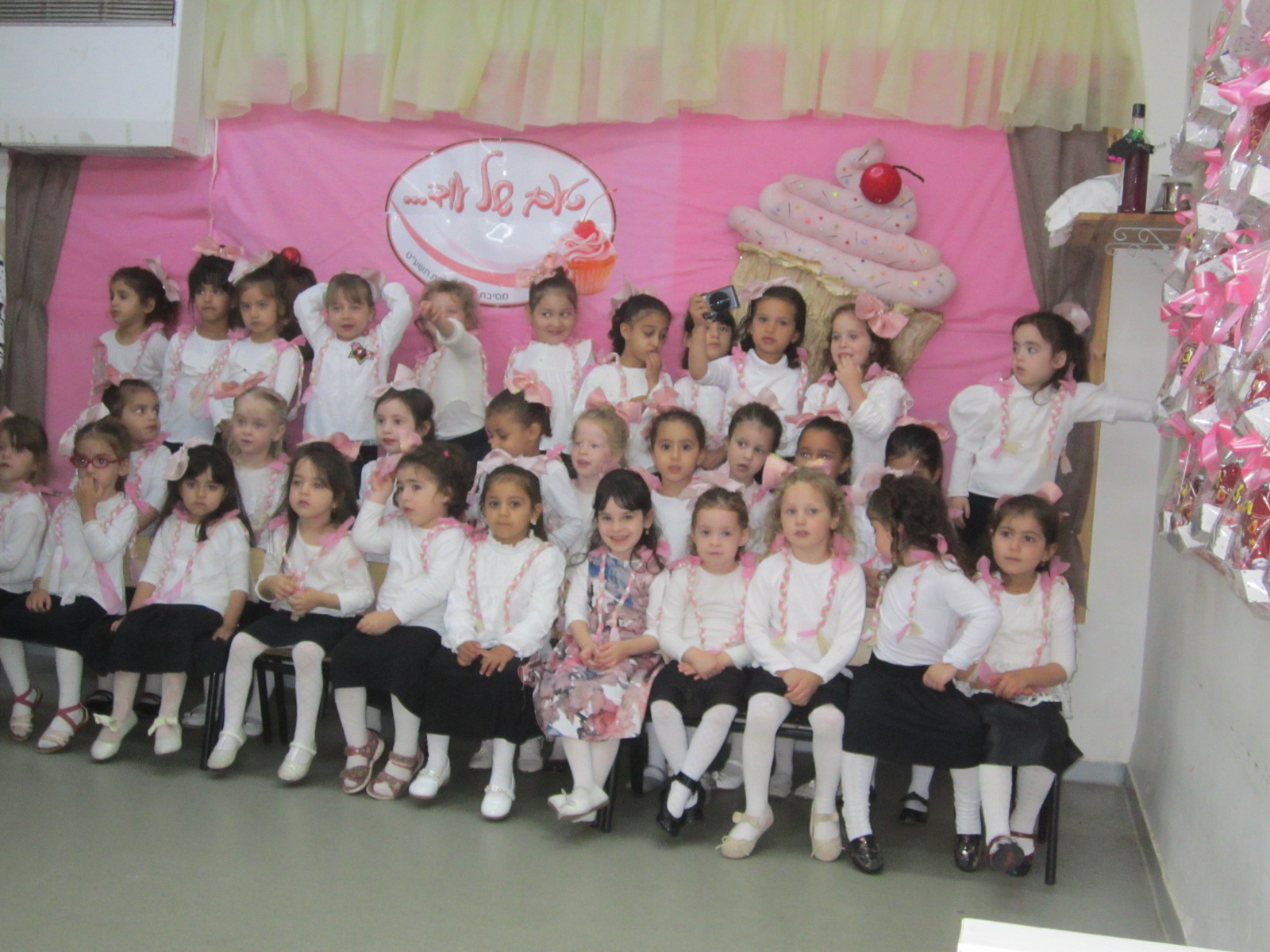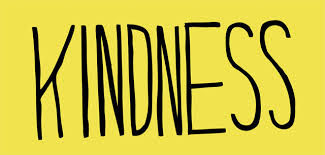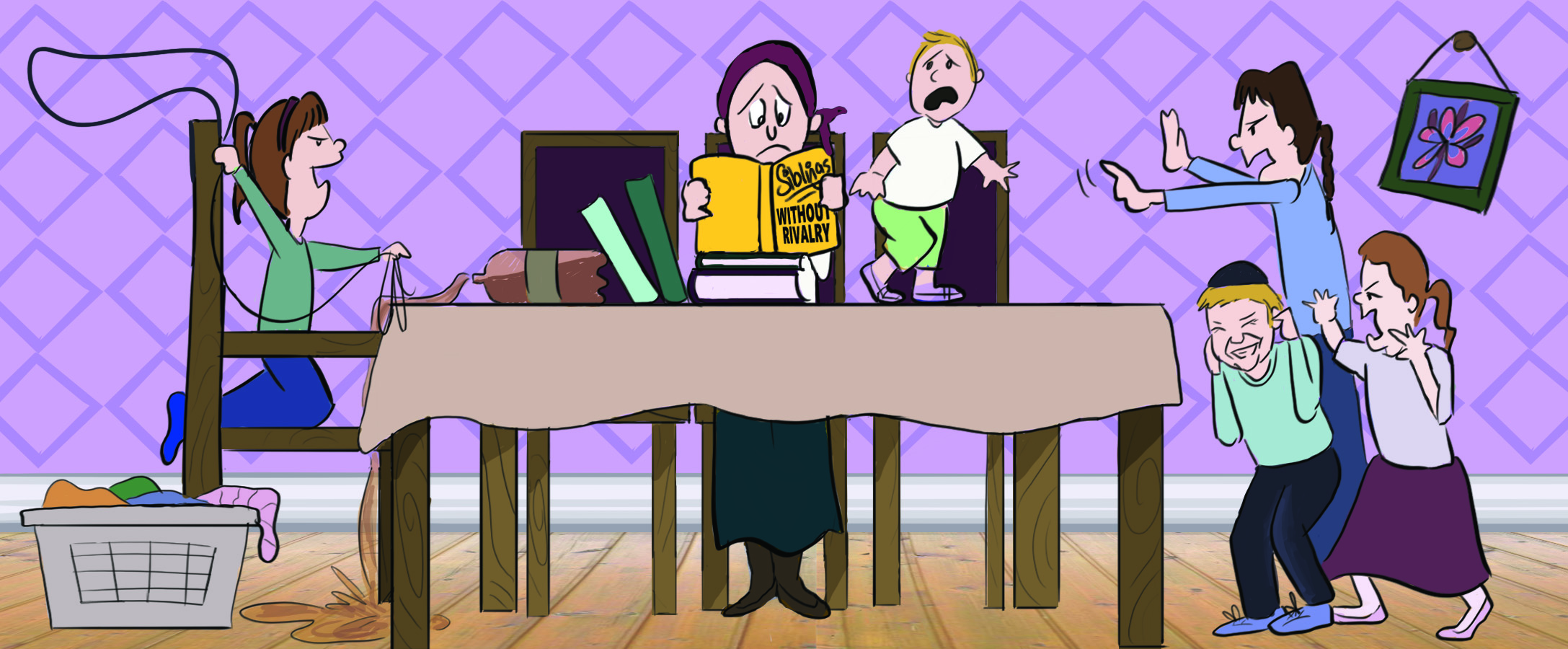Thinking about Peer Pressure

A bunch of children were playing tag outside on a long summer Shabbos afternoon. Suddenly, one of the boys started yelling, “No girls allowed.” Other boys joined the battle cry, and the girls stopped in their tracks, not sure whether to go on with the game. Some of them were close to tears. One boy called out loudly, “Why can’t the girls play?! He stopped the whole “revolution” in its tracks, and the game proceeded until dusk.
A high school girl made a nasty comment about her teacher’s clothing to her friend. She was trying to rile up the class to join her in making fun of the teacher. To her surprise, her friend refused to be horrified and instead said, “So what?” catching the instigator off guard. That comment stopped the joke and saved the teacher from an embarrassing situation.
Wouldn’t we all like to be able to claim these children as our own? Don’t we want to raise a child who is strong enough to do the right thing even when overruled by the majority? How can we teach ourselves and our children to be firm in their beliefs? To be kind when everyone else is being mean? This article will not answer these questions definitively but will give us food for thought.
As usual I started exploring this topic by asking friends, family, and acquaintances what they thought about peer pressure.











